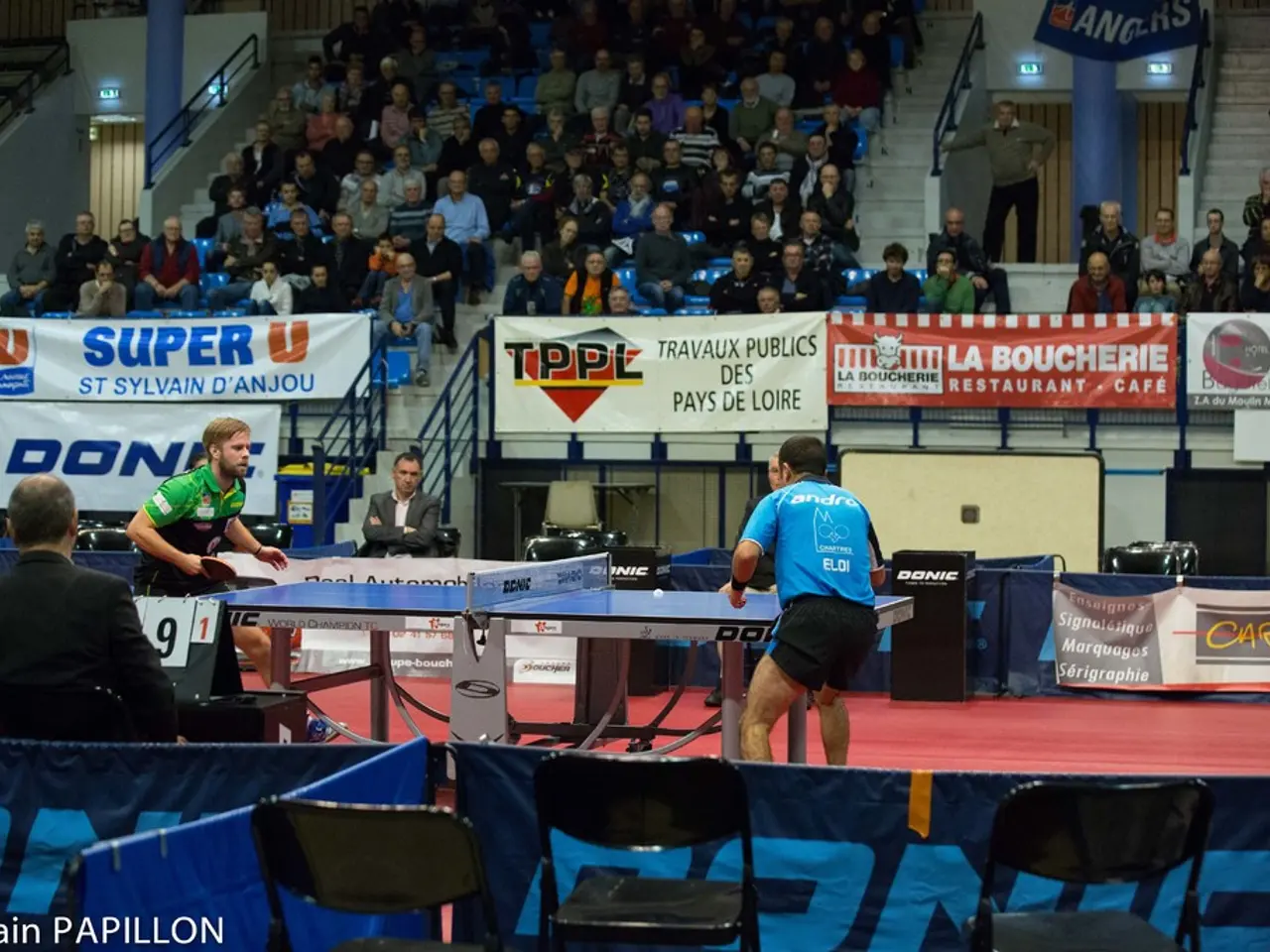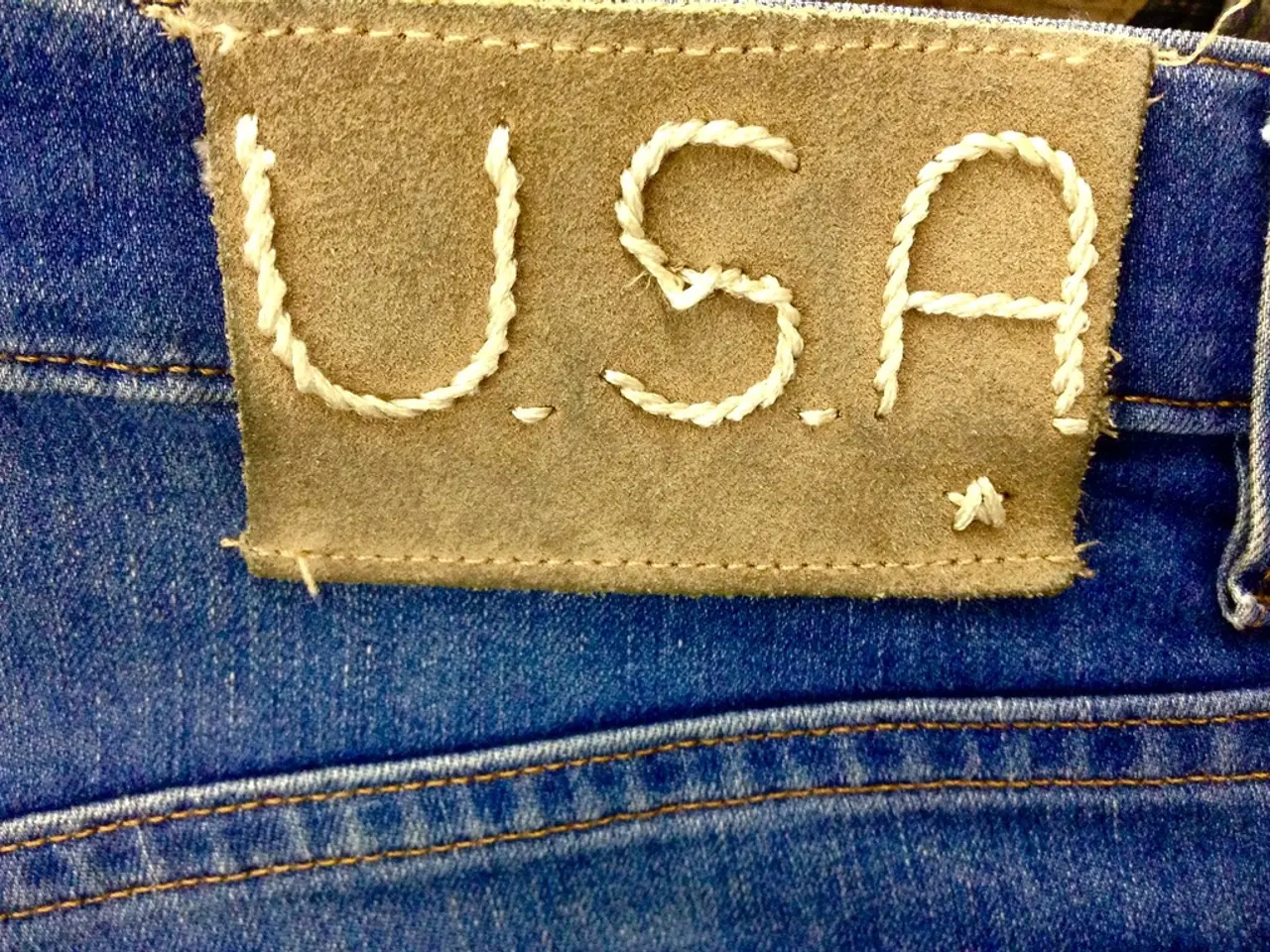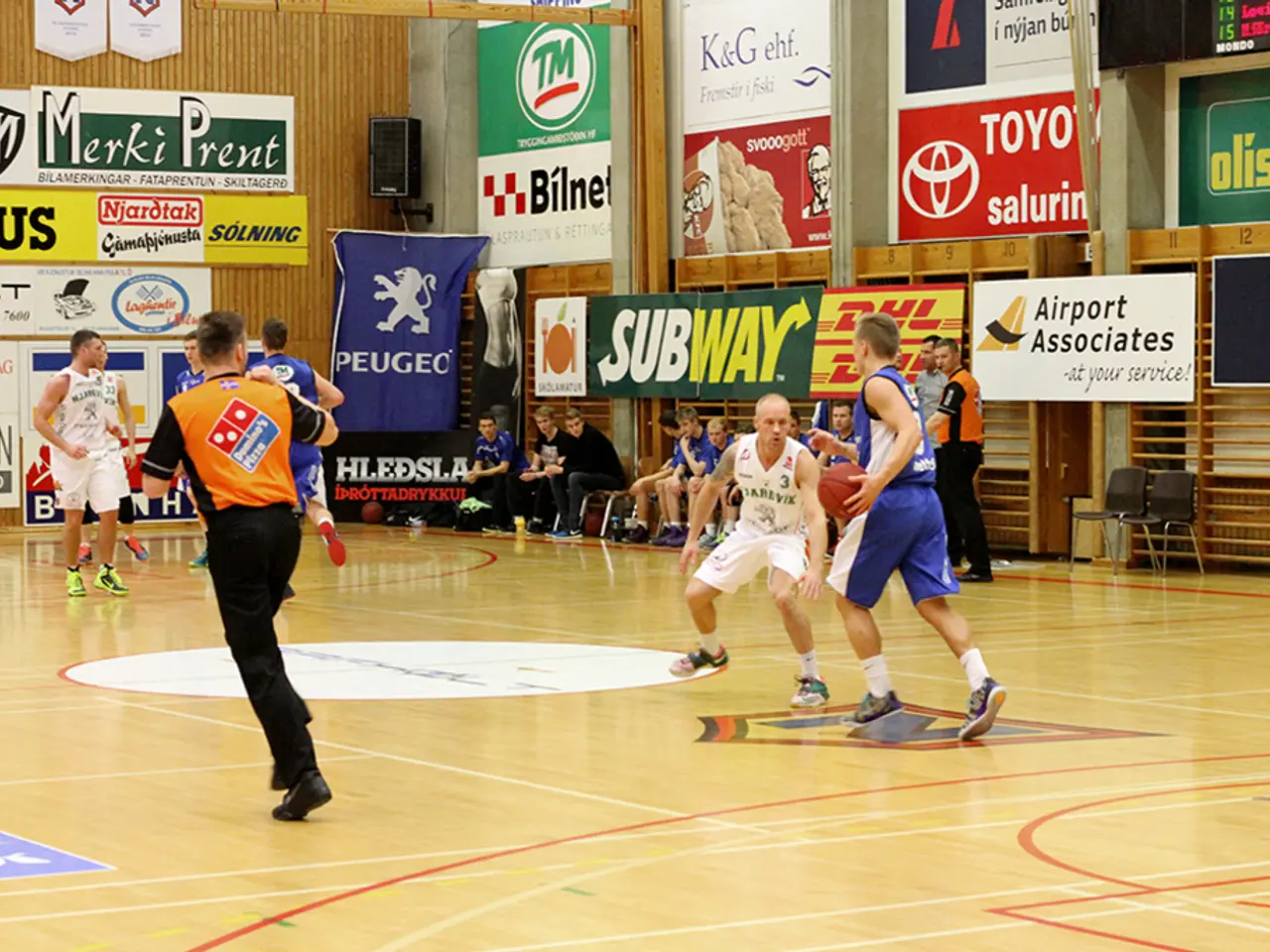California Courts Rule in Favor of Stake.us
Stake.us Faces Legal Challenges in Multiple States as Court Ruling Sets Precedent
Online gaming platform Stake.us is currently embroiled in legal disputes in several states, including Alabama, Illinois, and California. The recent California court ruling on private arbitration could have far-reaching implications for these cases, potentially shaping the resolution of disputes between Stake.us and its users.
In California, a lawsuit was brought by resident Dennis Boyle, who alleged that Stake.us operated an illegal online gambling platform in violation of state law. Boyle compared Stake's operations to early-2000s "internet sweepstakes cafes," claiming they obscured real-money gambling under the guise of promotional offers. However, US District Judge Marsha L. Byrne dismissed Boyle's argument that the arbitration agreement was unconscionable, effectively halting the lawsuit for the time being.
Stake.us operates on a sweepstakes model, where customers have a chance to win prizes by using virtual currency that can be obtained without a real-money purchase. This model is legal in some states, including California, under sweepstakes laws, which treat Stake.us' virtual currency and gaming model as distinct from gambling.
However, the court's refusal to determine the legality of Stake.us' model could set a precedent for future legal action revolving around sweepstakes-based gaming platforms. It remains unclear whether Judge Byrne's verdict will affect the other two cases in Alabama and Illinois, where Stake.us faces similar accusations of using elaborate schemes to obscure a real-money gambling model.
In Alabama, Stake.us faces a pending lawsuit contesting the legality of its sweepstakes casino model and alleging consumer deception. In Illinois, plaintiffs have filed class action suits against Stake.us and other sweepstakes casinos for alleged unlawful practices. Despite these suits, Stake.us remains operational in both states under sweepstakes laws.
The details of the California court ruling on private arbitration are not specified, but such decisions often determine whether consumers can be compelled to resolve claims outside of court via arbitration clauses included by companies in their terms of service. This can either limit or expand plaintiffs' ability to pursue class action or public court challenges. Since Stake.us faces class action and individual lawsuits, the ruling might impact whether such cases proceed as arbitration or in open court, which can affect legal strategy and outcomes.
Stake.us' parent company, Sweepsteaks Ltd., successfully defended its right to arbitration in the California lawsuit. The company remains adamant that its business model strictly aligns with sweepstakes laws and does not constitute gambling according to US federal or most state laws.
Despite the legal challenges, Stake.us appears to have the upper hand in the ongoing legal battles. The court's ruling marks a clear victory for Stake.us in the California lawsuit, allowing the company to continue its operations in the state. However, the long-term implications of these legal battles remain to be seen.
The court ruling in California could establish a precedent for legal disputes over online gambling platforms, such as Stake.us, as it did not address the legality of their sweepstakes models. In light of this decision, the ongoing legal challenges against Stake.us in Alabama and Illinois, involving allegations of consumer deception and unlawful practices, could potentially face different outcomes in terms of arbitration or public court proceedings.




